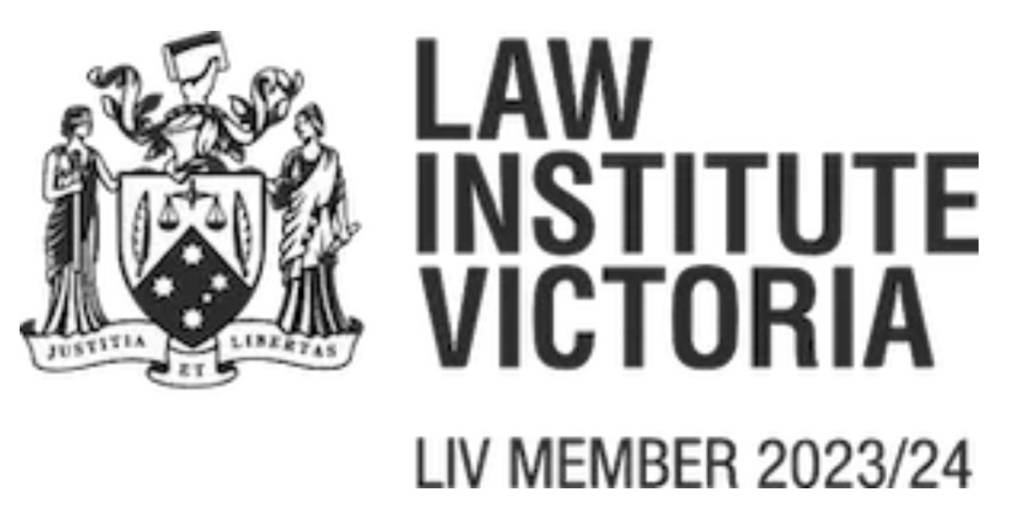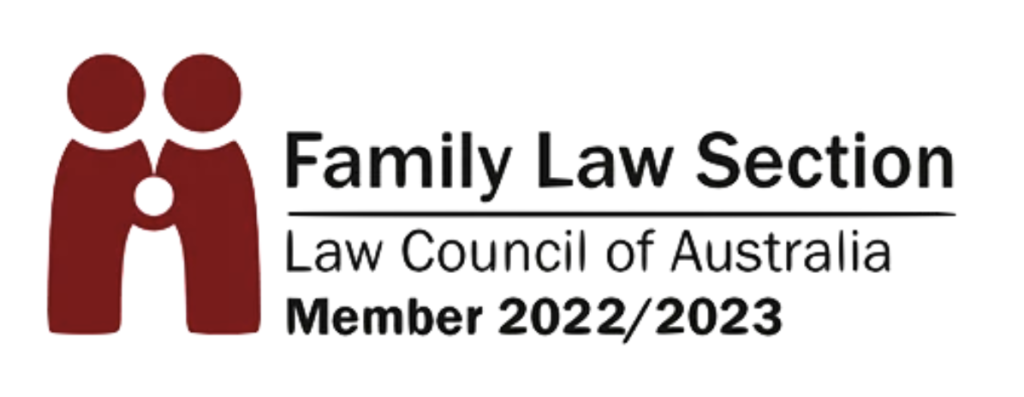Estate Litigation Lawyers
When do I need Estate Litigation?
There are many circumstances where you may require Estate Litigation, the most common are:
- You've been left out of a will.
- You're unhappy with how much you've been left from an estate.
- You believe that the will writer didn't have capacity at the time of writing their will.
- The will writer unduly influenced.
A person has a general right to make a will stating what happens to their estate after they die. However, there are two ways in which an estate can be challenged:
1. Contesting A Will
A will can be contested, in the following cases:
- The will maker did not have testamentary capacity when he/she signed the will;
- The will maker was unduly influenced by one or more of the beneficiaries;
- The will does not meet the formality requirements of a valid will;
- Parts of the will are unclear;
- There has been fraud in relation to the will; or
- A later will exists.
2. Family Maintenance Claim
There are three categories of people who are eligible to contest wills in Victoria on the basis that they have not been adequately provided for.
The 3 categories of claimants are:
- Spouse and minor children.
- Older children.
- Registered caring partners, grandchildren and other members of the deceased’s household.
From providing advice to advocating your interests in Court – Shelbourne Legal are on your side! We can help you understand your legal rights and options. We work with you to explore what a positive and reasonable outcome looks like for you.
We offer affordable fixed fees and can provide packages and options depending on how much you want us involved.
Our Estate Litigation Process:
Step 1 – Preparation
Before your initial meeting we will ask you to provide us with some background information.
Step 2 – Meeting
One of our expert estate litigation lawyers will meet with you to give information and advice on how to take your next steps and provide you with a quote
Step 3 – Follow-up services
If you would like us to negotiate a deed of family arrangement or engage us to prepare and file documents for court of your behalf we would be happy to help
Frequently Asked Questions – Estate Litigation
If you feel you have been unfairly felt out of a Will, you may be able to bring a Testator Family Maintenance (TFM) claim for further provision from the estate.
To must be an eligible person to bring a TFM claim. There are three categories of claimants with successively distant relationship with the deceased:
Category 1 claimants include spouse and minor children.
Category 2 claimants include older children.
Category 3 claimants include registered caring partners, grandchildren and other member’s of the deceased’s household.
For each of these categories:
- at the time of death the deceased had a moral duty to provide for an eligible person’s proper maintenance and support, and
- the deceased’s estate failed to make adequate provision for the proper maintenance and support of the eligible person.
For Category 2 claimants the Court must take account the extent to which the eligible person is not capable, by reasonable means, of providing adequately for his or her proper maintenance and support.
Category 3 claimants must also show that they were wholly or partly dependent on the deceased for proper maintenance and support.
You may apply to the Court to have the executor/ administrator removed where:
- he or she is not carrying out his or her duties properly, or
- has a conflict of interest.
The Courts have wide powers to remove an executor/ administrator however it is at the Court’s discretion. The Court recognises that the power to choose an executor is an important element of testamentary freedom. But equally, will remove an executor where it is in the best interests of the beneficiaries of the estate.
Under the Administration and Probate Act 1958 (as amended) a person may lodge a Caveat against the making of a Grant of Representation issuing in respect of an Estate. A person lodging a Caveat must have grounds to challenge the validity of the Will, including:
- incapacity of a deceased;
- undue influence placed upon the testator;
- fraud in relation to the will;
- suspicious circumstances in relation to the making of the Will; and
- existence of a later Will.
Costs are at the discretion of the Court. It should not be assumed that costs be paid out of the estate. Nor should it be assumed that the plaintiff will not be ordered to pay the costs of the estate.
In making cost orders, the Court considers the merits of the claim, the size of the estate and any reasonable offers of compromise. This is clearly designed to deter unmeritorious claims and estates being significantly reduced by legal costs.
Most deceased estate disputes settle outside of court. If all beneficiaries under a will are adults, have full mental capacity and agree, a will may be altered after the testator’s death by a deed of family arrangement.
If proceedings commence, the initial directions given by courts usually include orders for a mediation or case conference with the view of resolving the matter outside of court. A successful mediation or case conference will result in a compromise being reached and the parties agreeing on terms of settlement.
If a compromise cannot be reached at mediation/ case conference, the matter may proceed to trial.
An TFM application must be made within 6 months after the date of the grant of probate for the will or of letters of administration, as the case may be.
If you intend to make a TFM claim, you should put the executor/administrator of the estate on notice so that they know not to distribute the estate until the matter has been resolved.
If you are the executor of the estate and there is a potential for a claim against the estate. It is advisable to distribute as soon as possible after the expiration of the 6 month claim period to avoid any out of time applications.
Only assets that form part of an estate can be subject to a TFM claim. Estate property is any property owned by the deceased in their own name, or as tenants in common. Superannuation generally sits outside of the estate, however, can be paid to the estate by the trustee of the fund. Assets in the name of a company, trust, or as joint tenants, do not form part of an estate, and therefore may not be liable to a claim, in Victoria. It is important to note that different laws apply in other States.
The Superannuation Supervision Industry Act (‘SIS Act”) provides that superannuation can only be paid to a ‘superannuation dependant’ or the legal personal representative of your estate. A superannuation dependent is defined as a spouse, child or financial dependent.
A minor child will need to receive the benefit in the form of a minor trust and the trustee will decide on an appropriate trustee (usually the minor child’s legal guardian/ surviving parent).
If the deceased nominated a beneficiary who is NOT a superannuation dependant or the legal personal representative of their estate, the nomination will not be binding on the trustee and indeed the trustee will be legally obligated to pay someone else.
Should you have any questions on superannuation death benefit claims, or should you require assistance with lodging a superannuation death benefit claim please do not hesitate to contact us.
Once the superannuation fund has been notified of the member’s death they will contact the spouse, children and any other potential dependents of the deceased to ascertain whether they will be claiming the benefit.
If you want to claim and have not already been contacted by the fund, you can call the fund and ask for claim forms to be sent out to you.
BE CAREFUL WHAT YOU SIGN. You may be asked to complete a form stating, “you do not wish to claim the benefit”. However, in signing that form you may also be agreeing to have no further involvement with the claim. Meaning you will not be given the opportunity to object to the trustee’s decision.
It is important that if you are thinking about lodging a claim that you:
- Submit the correct supporting information;
- Consider whether any other parties may also claim the death benefits.
Should you have any questions on superannuation death benefit claims, or should you require assistance with lodging a superannuation death benefit claim please do not hesitate to contact us.
If you believe the superannuation fund has decided to pay the death benefit to the wrong person then you must lodge an objection with the superannuation fund within 28 days.
In your objection you should:
- explain the reasons why you believe the decision was wrong; and
- provide correct supporting documents.
Your objection will then be considered by the trustee of the superannuation fund and they will notify you of the outcome within due course.
If you are still not happy with the decision of the superannuation fund, then you may apply to the Australian Financial Complaints Authority (AFCA) within 28 days.
Before you lodge an objection for internal review, you should get legal advice to discuss your complaint.


